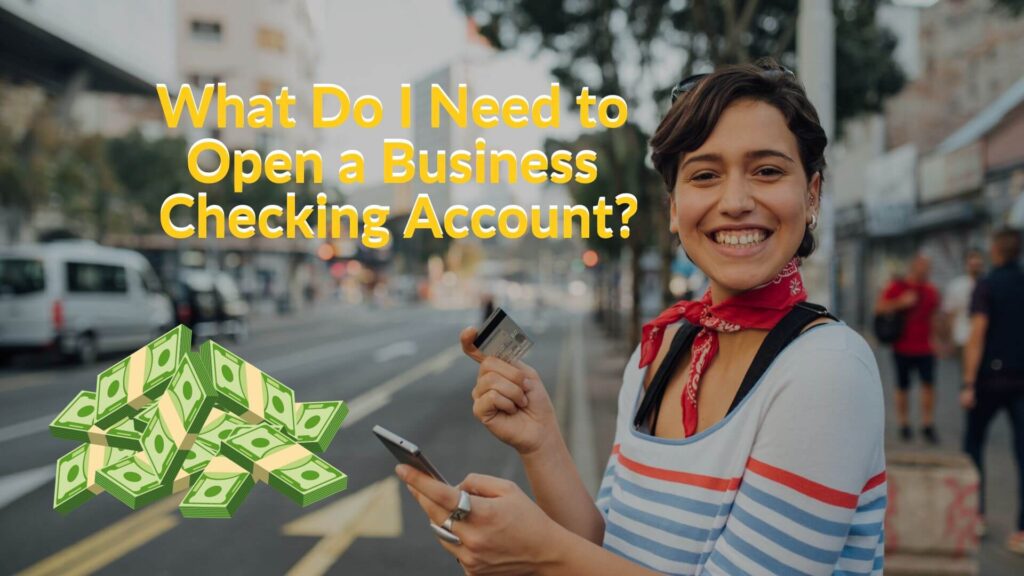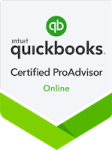There are many tasks and responsibilities that come with starting a business. An important step for business growth and financial management is opening a business checking account. In addition to streamlining your finances, this provides a clear picture of your business’s financial health. If you are wondering, “What do I need to open a business checking account?”, you have come to the right place. Our easy-to-follow guide will make sure everything is ready for you.
1. Business Documentation
Before making your appointment with the bank, make sure you have all the right documentation ready so you don’t have to have an easy process. This includes:
- Business License: Document proving that your business is legally allowed to operate in your city or state.
- The Employer Identification Number (EIN) is essential for corporations and partnerships. Sole proprietors can typically use their Social Security number.
2. Personal Identification
You’ll need personal identification to verify your identity. We recommended having with you these two items:
- Driver’s license or Passport
- Social Security number or Individual Taxpayer Identification Number (for sole proprietors).
3. Business Formation Documents
Depending on your business structure, you will need different types of documentation:
- Corporations: Articles of Incorporation
- LLCs (Limited Liability Companies): Articles of Organization
- Sole Proprietor: Fictitious Business Name Statement or DBA (Doing Business As)
- Partnerships: Partnership Agreement
4. Ownership Agreements
If your business has multiple owners or significant stakeholders, banks might request an Operating Agreement or a Partnership Agreement. This outlines the roles and responsibilities of each party.
5. Personal Credit History
Businesses and key stakeholders often have their personal credit histories reviewed by banks. You should be aware of your credit standing before beginning the application process. Most banks use a soft credit check, so you do not have to worry about it impacting your credit negatively.
6. Initial Deposit
To open an account, most financial institutions require an initial deposit. Check this in advance since the amount can vary significantly.
7. Business Information
Banks will request essential details about your business, including:
- Nature of your business
- Expected account activity
- Business name and address
- Contact details
Final Thoughts From Bornazyan & Bornazyan LLP
It is important to establish credibility and organize your finances by opening a business checking account. Be sure to keep track of all paperwork or emails that may be helpful in the future for your accountant when tax season comes around. This will make it easier for your business accountant to fast-track your tax paperwork, and you will have fewer headaches. Preparing the necessary documents early will streamline the process, allowing you to focus on what you do best: growing your business.
Stay tuned to Bornazyan & Bornazyan LLP‘s blog for more business legal and accounting insights. Please share this article with your fellow entrepreneurs if you found it helpful!


